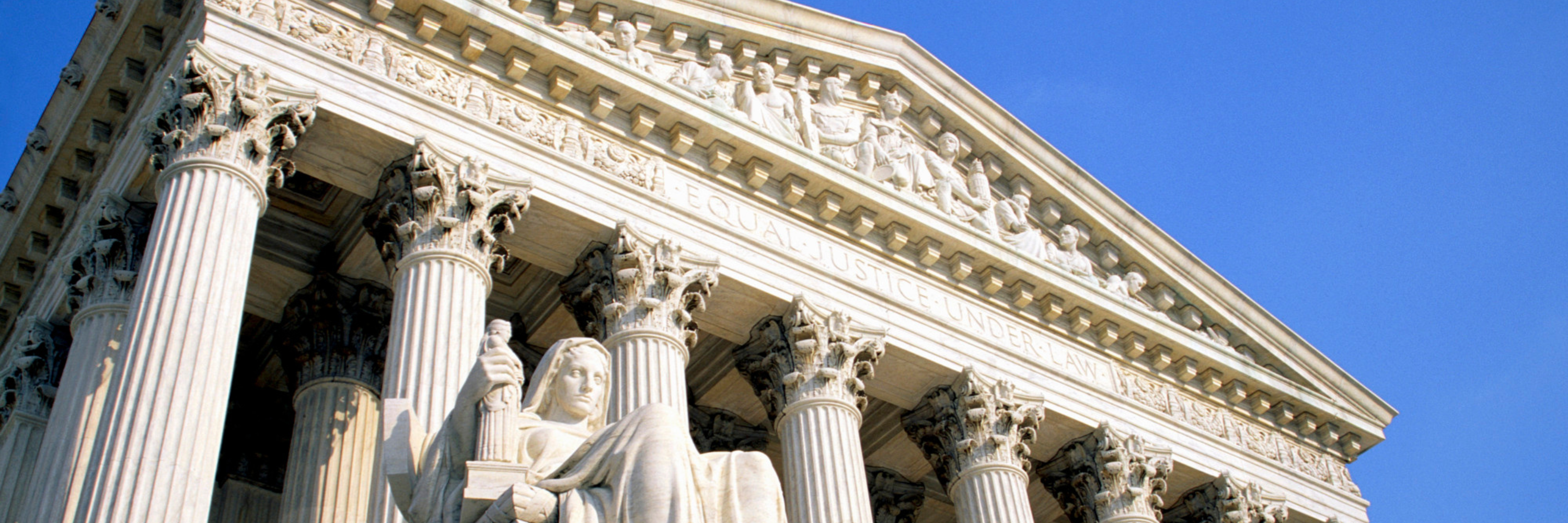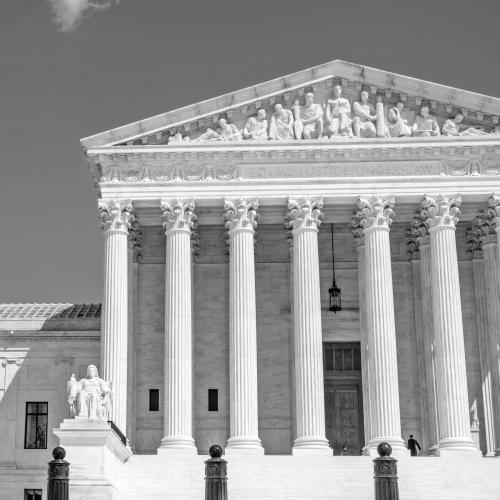The Brady Doctrine, a cornerstone of criminal procedure in the United States, emanates from the landmark Supreme Court case Brady v. Maryland, 373 U.S. 83 (1963). The case fundamentally reshaped the landscape of prosecutorial responsibilities and defendants' rights concerning exculpatory evidence.




